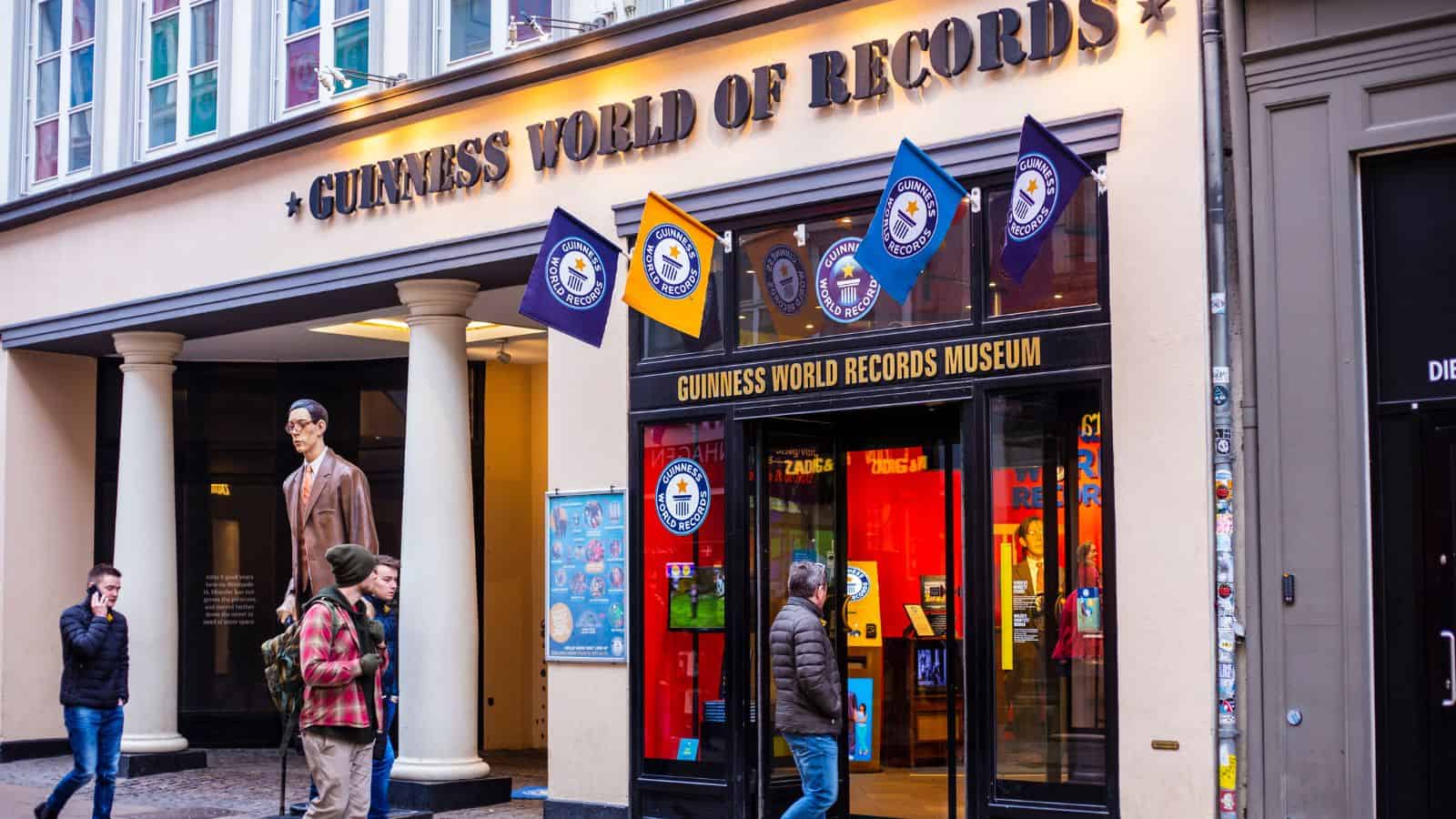Certain things that, in the past, represented success in society and gained trust among us as humans have now lost the spark they once had. There are countless examples of this, but here are 17 things that used to command respect that no longer do.
College Degrees

College degrees aren’t seen as requirements for navigating life anymore, and it isn’t hard to see why. Some of the richest and most successful people achieved what they did without completing university. These days, everyone knows that experience is more crucial than qualifications for landing a job.
Teaching

Because teachers play crucial roles in instilling problem-solving and social skills in children, teaching has always been seen as key to societal development. However, there’s now a shortage of teachers due to a lack of adequate compensation and, frankly, an immense disregard from both students and parents.
$20 Per Hour

Data from the Bureau of Labor Statistics shows that earning $20 per hour in 2000 put you above the average worker. With Americans now earning over $60,000 a year on average and inflation almost doubling the cost of goods, a $20 per hour wage no longer commands respect.
The Color Purple

Bizarrely, the color purple once held intrinsic meaning in societies across the globe; it was the color of royalty, with Tyrian purple representing social class and even reserved for only the Emperor in 4th-century Roman civilization. Today, purple is just another color that anyone can wear if they want to.
Journalism

Without journalists’ contributions through newspapers, many people in the 19th and 20th centuries wouldn’t have known what was happening in the world. These days, though, the internet allows us to share information even faster, and Americans think journalists contribute little or nothing at all to information sharing.
Western Royalty

While royal families still rule countries like Saudi Arabia, monarchies in the West, such as the British Royal Family, are largely ceremonial rather than authoritative. This is unlike between the 16th and 18th centuries when monarchies dominated their domains and commanded true respect.
Mainstream Media

Even media outlets have lost their respect today. As a report by Reuters explains, global “trust in news is declining and is lowest in the United States,” and mainstream media particularly suffers here. Their credibility has been affected by ‘fake news’ accusations and the agenda-based stories they chose to share.
The Guinness Book of World Records

When the Guinness Book of Records was first published in 1955, it topped the UK’s bestseller list, becoming everyone’s favorite source for the most interestingly bizarre humans on the planet. Although it’s still published today, it’s now largely disregarded because this information can easily be found for free online.
Reality TV Shows

Diving into the lives of celebrities was once an exciting form of entertainment, as we got to see how they lived their day-to-day lives. Sadly, reality shows have since been exposed as fake, making up scenarios for more drama and manipulating fans into giving their attention.
Green Initiatives

Brands that ‘went green’ to protect the environment used to be seen as the height of innovative manufacturing. However, in what Forbes calls “greenwashing,” every brand insincerely labels itself environmentally friendly these days, and consumers have grown numb to words like “sustainable,” “eco-friendly,” and “green.”
Celebrity Endorsements

In the past, when a celebrity was associated with a brand, fans went ballistic for it, seeing the brand as high-quality and trustworthy. These days, celebrity or ‘influencer’ endorsements are the norm, and most people see them as insincere marketing campaigns.
Fad Diets

Many people opt for fad diets as quick ways to get healthy. The low-carb Atkin, ketogenic, and paleolithic diets were some of the most popular. Thankfully, these have all been exposed for what they are—unsustainable fads that are designed to exploit vulnerable people.

Although Facebook remains popular (primarily amongst boomers), it has undeniably lost its dominance and respect, especially among younger audiences. They often see it as outdated and out-of-touch, favoring more modern social media platforms like Instagram, Snapchat, and TikTok.
Award Shows

Justin Bieber tags award shows as fake, and Kanye West harshly defaces his Grammy award, demonstrating that even celebrities don’t find them respectable anymore. Many fans are also boycotting award shows, with CNBC data showing that viewership of the Academy Awards, Grammys, and Emmys is dropping drastically.
Charity Organizations

The virtue of philanthropy is still highly respected in society, but there has been a significant decline in trust among the population regarding charity organizations. Many people consider them unethical, believing they lack transparency about how donated funds have been used, especially considering the high salaries of many charity CEOs.
The Art of Alchemy

Popularity and respect for alchemy peaked in the 18th century when it was at the forefront of scientific understanding. Oh, how that changed! As we now know, alchemy was just an uninformed method of trial and error, and thankfully, it was eventually replaced by chemistry, which is far more reliable.
Organized Religions

Last but not least, religion simply does not command the respect that it once did. Before the 21st century, religion was king, dramatically shaping cultures worldwide. However, the Washington Post reveals that a shocking 30% of Americans no longer hold religious affiliations and question their legitimacy, compared to just 5% from 50 years ago.
Up Next: 19 Things Men Want To Avoid As They Get Older

19 THINGS MEN WANT TO AVOID AS THEY GET OLDER
18 U.S. Cities Americans Say Are the Best to Live In

18 U.S. CITIES AMERICANS SAY ARE THE BEST TO LIVE IN
17 Most Common Reasons Men Break Up With Women

